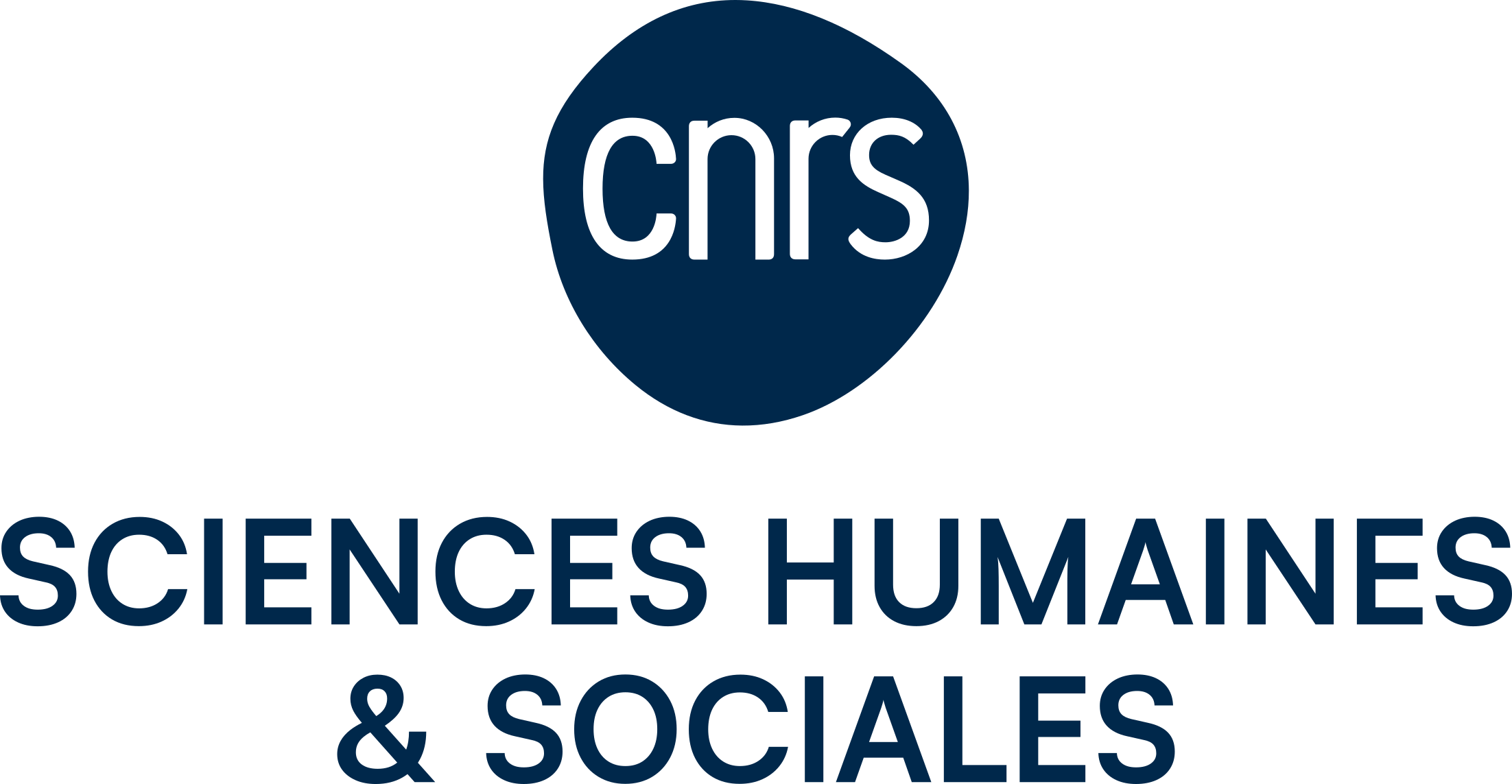09/05/2019 - 16h30 - CPAFO au bar le Carnot
jeudi 9 mai 2019, par
Fiedler (2018) : La place de la théorie dans le débat sur la crise de la réplicabilité en psychologie
« Après une pause printanière, la table ronde CPAFO continue sa quête de connaissance »
Le prochain rendez-vous aura lieu le Jeudi 9 Mai à 16h30. Nous nous réunirons au bar le Carnot.
| Date : | 09 mai 2019 |
|---|---|
| Heure : | 16h30 - 17h30 |
| Lieu : | Bar le Carnot |
Cette semaine, nous nous demanderons si la crise de réplicabilité en psychologie, par son emphase sur les aspects éditoriaux et statistiques, n’occulte pas l’importance de consacrer du temps à l’élaboration et à l’audace théorique.
Pour entamer le débat, nous nous appuierons sur un article "audacieux" de Fiedler (2018).
Pour rappel, ce rendez vous est ouvert à tout le laboratoire. Il se tient les premiers et troisièmes jeudis de chaque mois au laboratoire et au bar le Carnot, en fin d’après midi.
À jeudi pour cette nouvelle édition !
Auteurs (année) : Fiedler (2018)
Titre : The Creative Cycle and the Growth of Psychological Science
Journal : Perspectives on Psychological Science
Abstract
Scientific progress relies on the dialectics of loosening and tightening processes. Although most gripping accomplishments in psychological science testify to the critical role of creative and innovative theorizing (loosening), the ongoing debate on the quality of psychological science is focused almost totally on a restrictive sense of tightening, revolving around statistical hypothesis testing (tightening). A discussion of the imbalance between the conspicuous neglect of theory and the overstated importance of the sacred cow of significance testing raises a skeptical question : Do we seriously believe that stricter compliance rules, exact p values, effect size calculations, new statistics, and monitoring of research practices will foster the growth of excellent science ? A more effective strategy would be to start a positive debate that focuses on the best exemplars of strong theorizing and fascinating findings, replacing the focus on insufficient science and unwanted practices.

depuis votre smartphone




